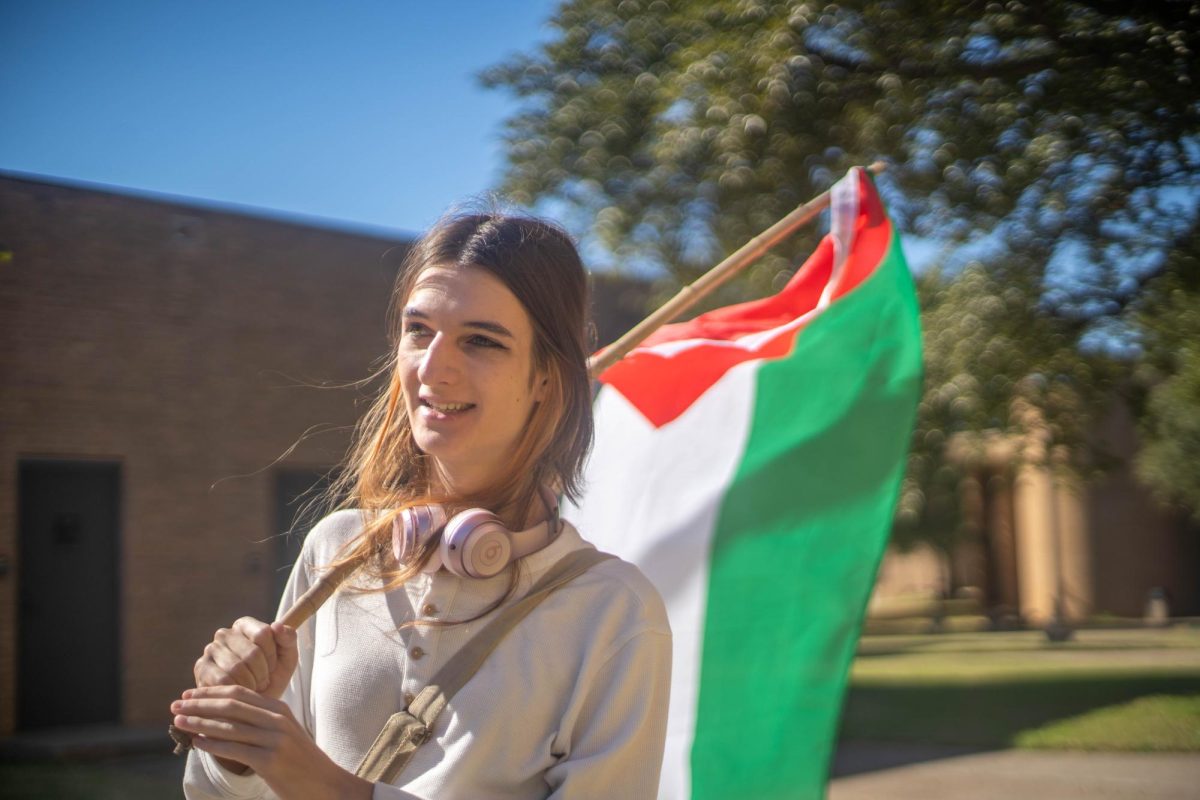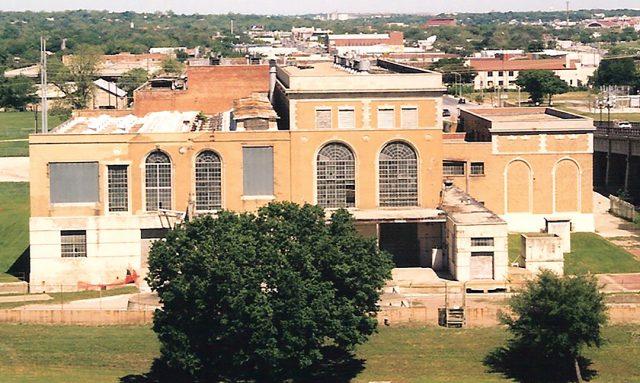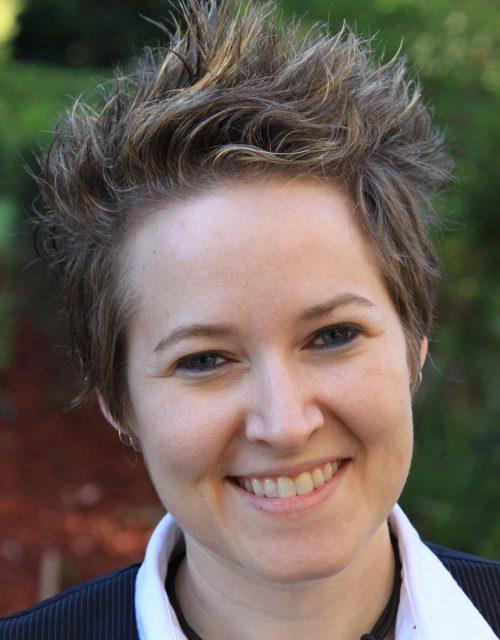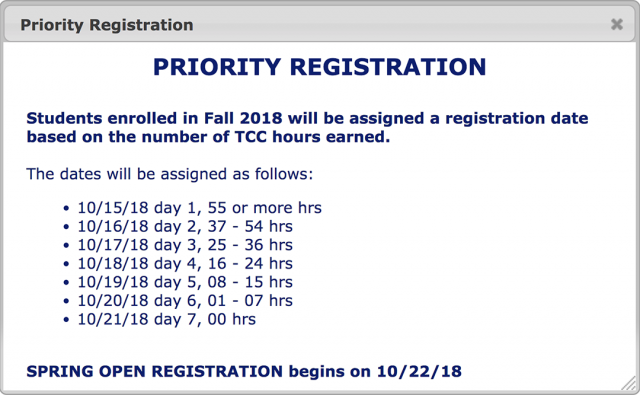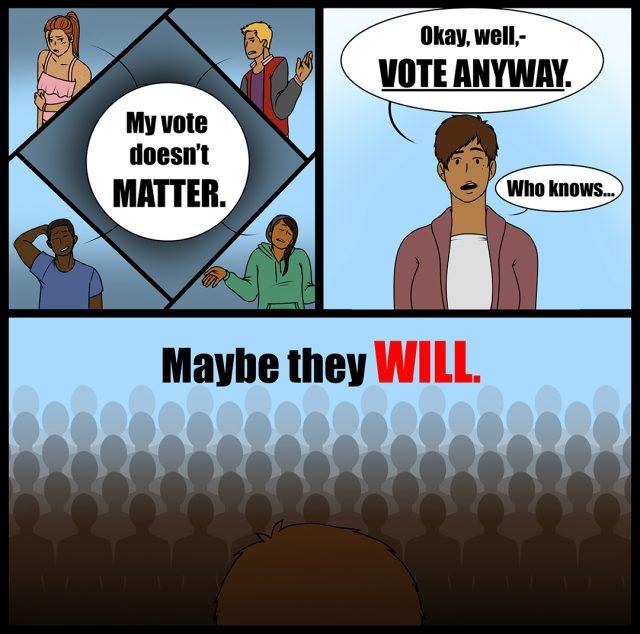By Jay January/reporter
Even though it was a quiet statement of protest, debates surrounding former NFL quarterback Colin Kaepernick kneeling during the national anthem at football games got noisy.
A panel of NE professors led a discussion on Kaepernick’s protest and the Black Lives Matter movement Oct. 10 on NE Campus.
Kaepernick kneeled during the national anthem to raise awareness for police brutality and unjust treatment against people of color. Kaepernick hasn’t been able to find a job with a new team since becoming a free agent in 2017.
“Protest makes people want to change,” NE history instructor Andy Hollinger said. “The trick is to do it peacefully.”
Hollinger told an audience of 30 students that protests of the past propelled others to make a change.
In 1935, blacks were denied jobs in the primarily African-American neighborhood of Harlem in New York. Residents led a protest to refuse to shop anywhere that did not allow blacks to be employed. As a result, blacks were allowed to work those jobs previously refused to them, Hollinger said.
In present day, Black Lives Matter is an organization designed to raise awareness on current injustices against people of color. English assistant professor Shewanda Riley said Black Lives Matter offered background for other movements such as the Kaepernick protest.
“Black Lives Matter is not a terrorist organization,” Riley said.
The organization was started by three women frustrated and outraged by the killings of Trayvon Martin and Michael Brown, Riley said. Those women came together and continue to fight to unite communities of color, trying to change the policies designed to stop systemic racism, she said.
In response, the slogan All Lives Matter was used by some to quiet the Black Lives Matter movement.
“Prove to us as a system that black lives matter,” assistant director to academic initiatives Anthony Walker said.
Walker thinks All Lives Matter was designed to control the narrative and further victimize African-Americans.
“We really want to see some change,” NE English professor Annette Cole said.
Cole said she is afraid every time her three sons step outside their home because death by police has become more common.
“Protest is not the end-all, but it’s a start,” Cole said.





























